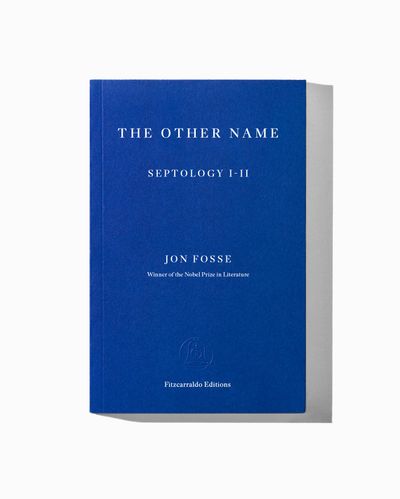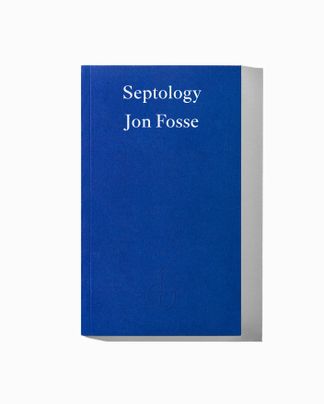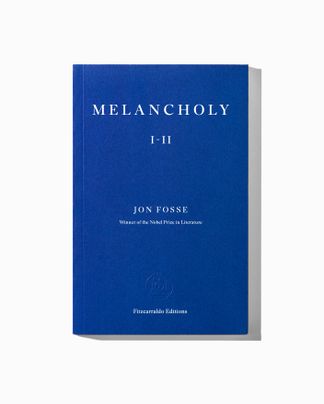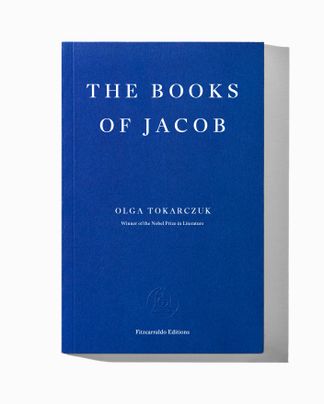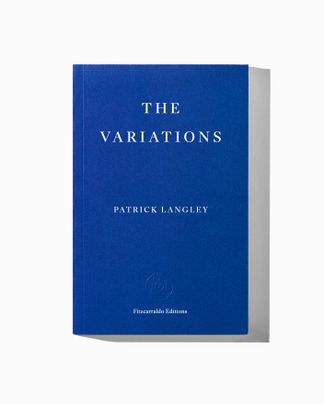Winner of the 2023 Nobel Prize in Literature
What makes us who we are? And why do we lead one life and not another? The year is coming to a close and Asle, an ageing painter and widower who lives alone on the southwest coast of Norway, is reminiscing about his life. His only friends are his neighbour, Åsleik, a traditional fisherman-farmer, and Beyer, a gallerist who lives in the city. There, in Bjørgvin, lives another Asle, also a painter but lonely and consumed by alcohol. Asle and Asle are doppelgängers – two versions of the same person, two versions of the same life, both grappling with existential questions about life, death, love, light and shadow, faith and hopelessness. Written in melodious and hypnotic ‘slow prose’, The Other Name: Septology I-II is an indelible and poignant exploration of the human condition by Jon Fosse, ‘a major European writer’ (Karl Ove Knausgaard), in which everything is always there, and past and present flow together.

